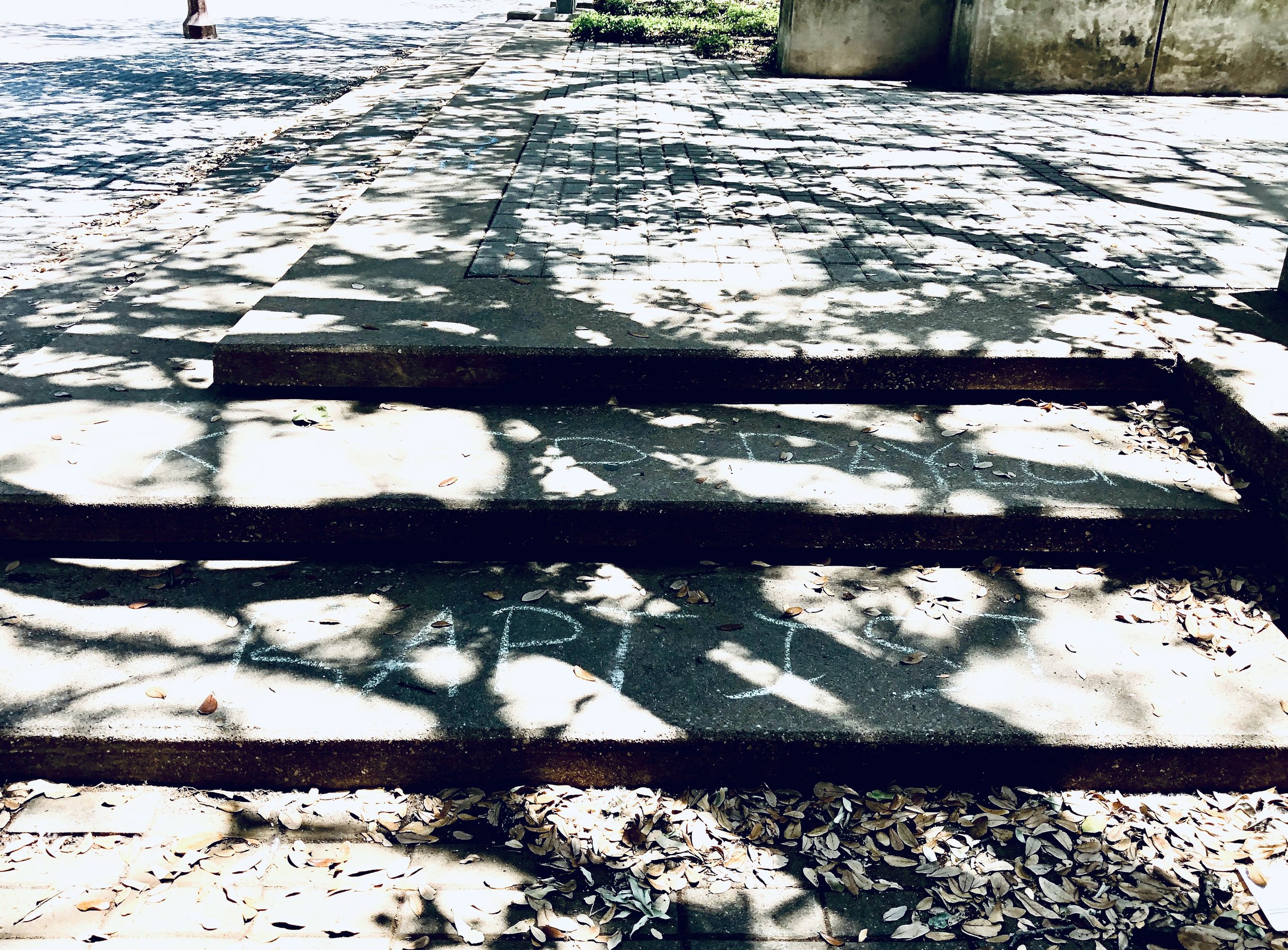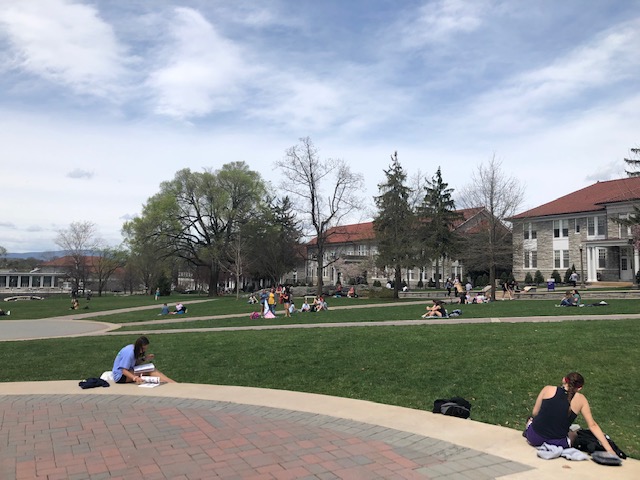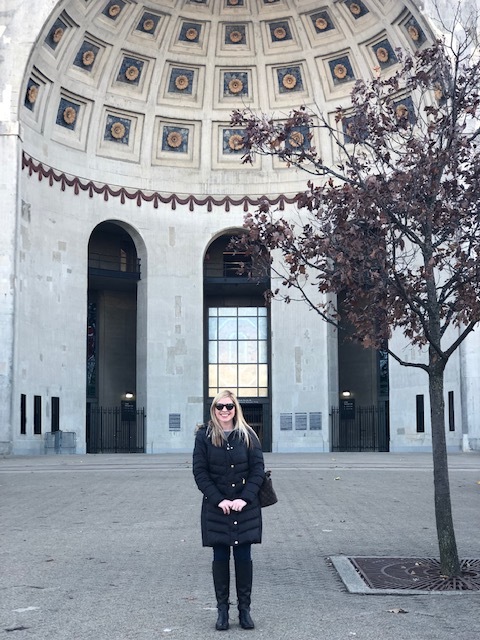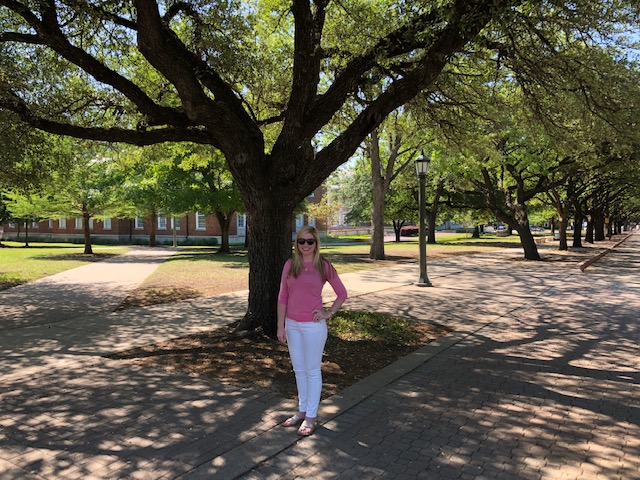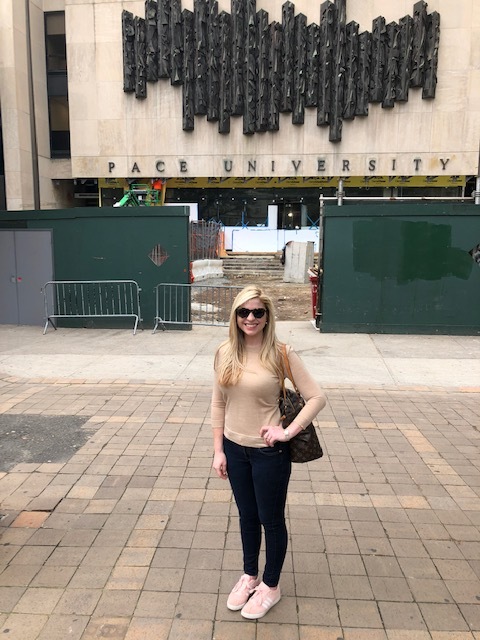July has finally arrived – time for fireworks, family barbecues, and hopefully some time to relax! It’s also blazing hot and muggy in the DMV (and beyond), so stay cool and hydrated.
And speaking of soaring temperatures, the heat around higher education continues to build, too! Here’s your updated deep dive:
BIGGEST COLLEGE-RELATED NEWS OF THE WEEK
President of the University of Virginia Resigns
On June 27, 2025, Jim Ryan stepped down as President of the University of Virginia after months of federal pressure over the university’s diversity, equity, and inclusion (DEI) programs. The U.S. Department of Justice had accused UVA of failing to fully dismantle its DEI infrastructure, and the institution was under investigation for potential civil rights violations of anti-discrimination laws. In a public letter printed in The New York Times, Ryan said he believed staying on could put federal funding, research grants, student aid, and international student visas at risk. He chose to resign rather than jeopardize those resources.
Reactions were sharply divided. Virginia Senators Mark Warner and Tim Kaine called the move a politically motivated overreach, and more than 100 UVA faculty members signed a letter warning about threats to academic freedom. However, many others felt the resignation was long overdue and necessary to bring UVA in line with federal law with regard to DEI initiatives. Ryan also faced significant criticism regarding his response to reports of antisemitism on campus, particularly during pro-Palestinian protests.
No matter which side of the spectrum you fall, this is a good reminder to families evaluating colleges: look beyond rankings and consider how a school is navigating the social and political pressures shaping student life.
University of California System Under Investigation
The University of California system is now under federal investigation over concerns that its efforts to boost enrollment among underrepresented students may violate the Supreme Court’s 2023 ruling against race-based admissions. At issue is the U.C. 2030 Capacity Plan, which lays out goals for improving access to under-represented students to reflect California’s diversity. While the Department of Justice has major concerns about this plan, a university spokesperson says U.C. will work “in good faith” with federal officials – and insists that the plan follows the law because it doesn’t use quotas.
Florida Proposes Alternative Accreditation Body
Meanwhile, other states are challenging the accreditation process by which colleges and universities receive federal funding. Spearheaded by the state of Florida and Gov. Ron DeSantis, five Southern states are creating a new group, the Commission for Public Higher Education. This would provide an alternative approach to reviewing schools in the hopes of promoting more conservative educational practices. Their 2023 lawsuit to overturn the current setup didn’t succeed, but supporters are optimistic that the Trump administration might approve the new Commission. The plan already has the President’s endorsement.
Unemployment Impacting Recent Grads Continues to Soar
Picking up from last week’s update, unemployment among recent college grads is still making headlines – and the numbers aren’t great. For degree holders between the ages of 22 and 27, jobless rates have hit a 12-year high. When the economy gets shaky, companies often pull back on entry-level hiring, which puts new grads in a tough spot. Add in concerns about tariffs and the rise of AI, and you’ve got an especially uncertain job market for popular degree fields like IT and law. Some people are starting to question whether college is still worth it – but here’s the thing: the Associated Press points out that college grads consistently earn more and face less unemployment over the course of their lives. So if you're debating whether higher ed is a smart move, the long-term payoff still makes a pretty strong case – even if things feel a little rocky right now!
Princeton Review Drops Best Value Colleges of 2025 List
We always say to take rankings with a grain of salt, but Princeton Review’s annual Best Value Colleges list is one we actually like. Why? Because it looks at cost and long-term return on investment – not just prestige. It also recognizes that “best value” can mean different things depending on your financial situation. According to the just-released 2025 list, MIT tops the charts for students who aren’t applying for financial aid, while Williams College is the standout for those who are. Georgia Tech also shines as a top value across multiple categories for public schools. If you’re narrowing down your college list, it’s definitely worth comparing tuition costs against likely career outcomes.
BEST ARTICLES OF THE WEEK
The Washington Post recently spoke with university faculty and recent grads to put a personal lens on the tough job market. With entry-level hiring largely paused and AI reshaping the workplace, many young adults feel like their side-hustles taught them more than their actual coursework (and honestly – I bet a lot of parents could identify with the lack of relevance of their undergraduate coursework, too). As one grad put it: the career path they’d prepared for just isn’t hiring. Still, others are forging ahead, taking leaps of faith – and we’re rooting for every single one of them!
In the face of all this, many grads are landing in roles that don’t quite match their expectations. And while it’s normal to take a job to pay the bills, it doesn’t mean the work has to feel meaningless. A recent article in The Atlantic outlines how you can turn any job into a calling by:
Looking within – focus on the fun or fulfilling parts of your job.
Following your curiosity – seek out tasks that genuinely interest you.
Being that person – help others; it's one of the most reliable ways to feel purpose.
For anyone feeling off-course – or just getting started – it’s a refreshing take on how mindset can shape experience.
On a lighter note, SFGate recently reported on Chapman University’s unique appeal to Disney fans. Thanks to its location near Disneyland, students can see nightly fireworks from campus – and yes, Disney-themed classes and projects are a thing! Some professors have even integrated park visits into their syllabi, and there's talk of launching an actual Disney Studies program. For families visiting colleges this summer, it’s a great reminder that location and local culture can seriously enhance the student experience. If you like the idea of combining a campus tour with a Disneyland visit, check out our post on Colleges with the Coolest Summer Events – we have lots of other fun combinations for you to consider!
Finally, while we're on the topic of tours – a wild story out of Virginia Tech serves as a quick reality check. Last week, 10 prospective students on a tour fell through a utility grate! Thankfully, no serious injuries were reported, but it's a reminder that even the most scenic campuses come with their hazards. As always: be curious, be observant – and maybe watch where you walk!
OFFICE HAPPENINGS
As many of our students dive into writing those all-important supplemental essays, we’re encouraging them to think about the unique communities and activities that have shaped who they are. Sports and summer camps are great – but leadership experience can be even more powerful (and essay-worthy!).
For our FCPS families, here’s a fantastic opportunity: Fairfax County Public Schools is now accepting applications for student members to serve on School Board Community Advisory Committees (CACs) for the 2025–2026 school year. This is a great chance to make a real impact while gaining experience in civic engagement, public service, and collaboration.
Student committee members must be current FCPS high schoolers (rising 9th–12th graders) and will serve a one-year term from August 1, 2025 to July 31, 2026. Members engage with their respective committees and provide feedback to the incoming Student Representative to the School Board, Faith Mekonen.
Available Committees include:
Interested? Apply here. The priority deadline for interview consideration is July 7, 2025 – so don’t wait!
Enjoy the rest of your week - and don’t forget to book more meetings, rising seniors! School-specific supplemental essays keep dropping!



























